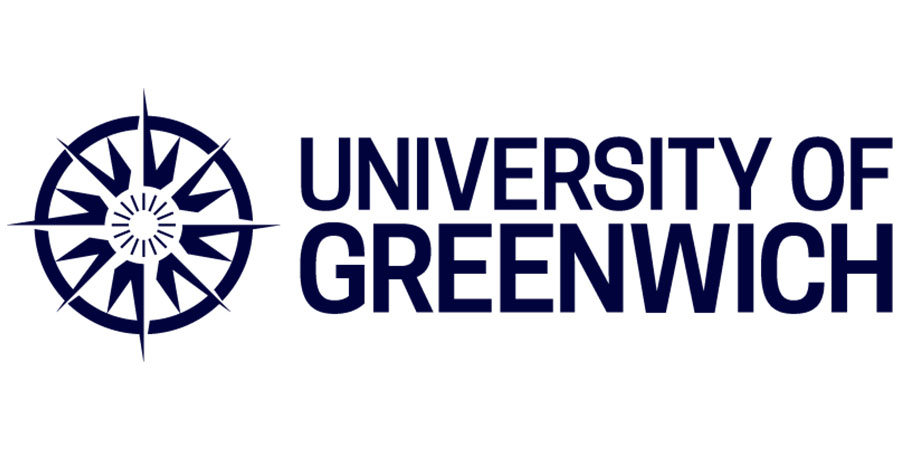PhD Studentship in Controlling Additive Manufacturing with Ultrasound
University of Greenwich - Computing and Mathematical Sciences
| Qualification Type: | PhD |
|---|---|
| Location: | Greenwich |
| Funding for: | UK Students, EU Students, International Students |
| Funding amount: | £19,237 to £21,237 per annum |
| Hours: | Full Time |
| Placed On: | 11th October 2024 |
|---|---|
| Closes: | 29th November 2024 |
| Reference: | VCS-FES-03-23 |
Additive Manufacturing (AM), also known as 3D printing, is an emerging technology that allows on-demand direct fabrication of complex parts with far ranging applications in many sectors including biomedical, aerospace and energy. However, AM components suffer from microscopic defects such as porosity from gas bubbles, leading to voids and ultimately reduced performance.
This project aims to look at how the application of ultrasound can be used to enhance the AM process. Ultrasound will interact with microscale bubbles in one instance causing degassing, hence removing porosity, or alternatively causing implosion (inertial cavitation) of these bubbles, and so refine the underlying metal crystalline formation leading to improved properties.
The PhD will primarily be computational, utilising state of the art numerical techniques to understand and predict the effect of Ultrasound. It will be closely aligned to the EPSRC project “Tailored Microstructures via Thermoelectric-Magnetohydrodynamics for Additive Manufacturing (TEAM)”. As part of collaboration with University College London (UCL) there will be opportunities to work alongside world experts to conduct in situ X-ray imaging experiments at Diamond Light Source and the European Synchrotron Radiation Facility. More details of the project can be found here: https://gow.epsrc.ukri.org/NGBOViewGrant.aspx?GrantRef=EP/W032147/1 The ideal candidate would have an interest in materials science and ambition to help develop stronger, lighter materials for the future.
As a member of the Computational Science and Engineering Group (CSEG), the successful applicant will join a team with many years of expertise in numerical modelling, ultrasonic cavitation, and material processing. As a measure of the team’s esteem, CSEG is core to the M34Impact programme, a £9 million Expanding Excellence in England (E3) grant, won recently, to expand its world-leading research. The successful candidate would therefore be part of a dynamic growing research group, and so benefit from training and other initiatives funded by this grant.
Advert information
Type / Role:
Subject Area(s):
Location(s):









